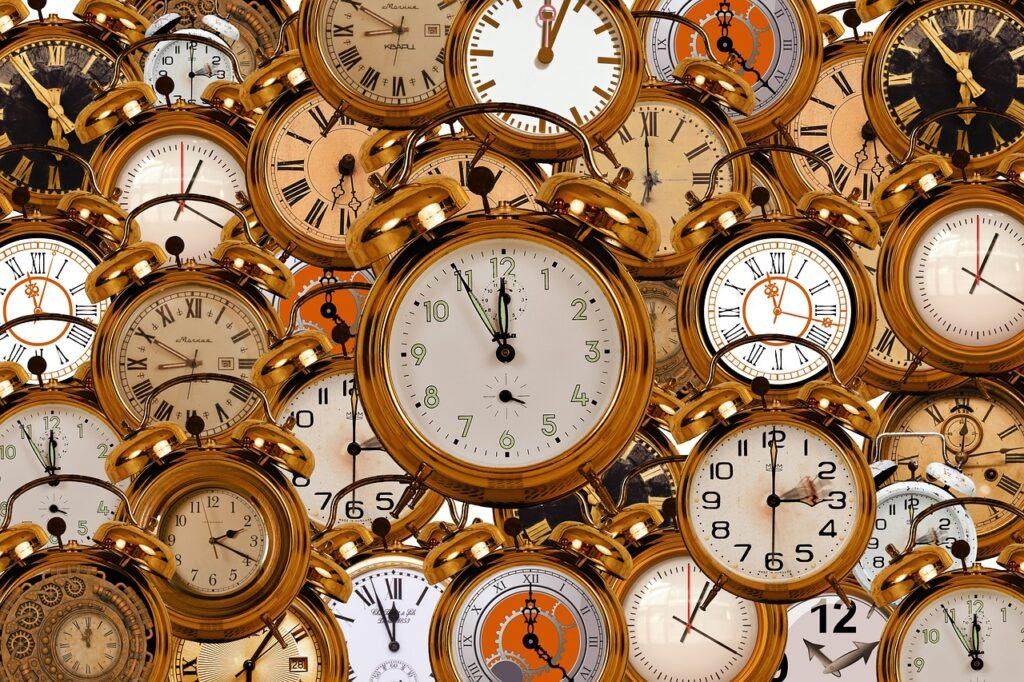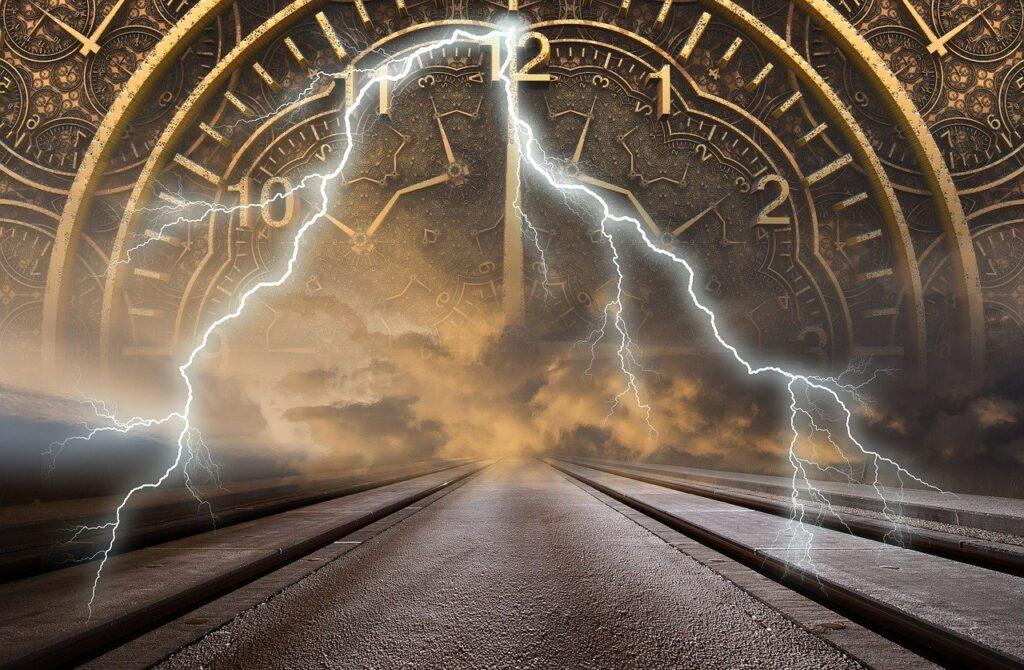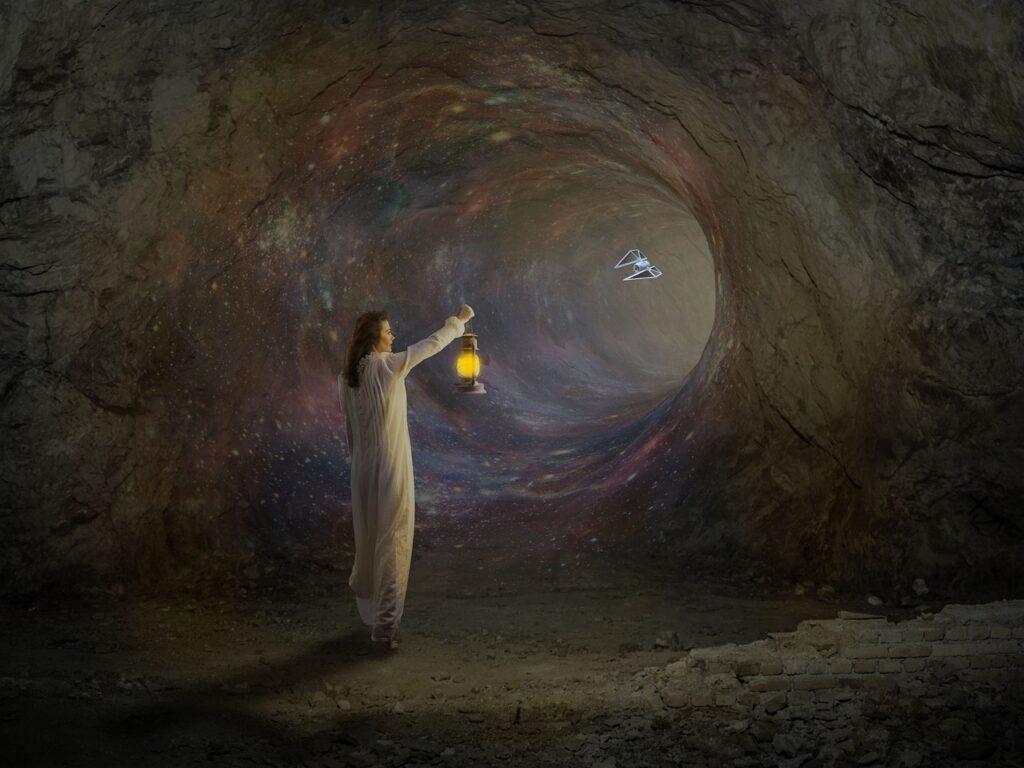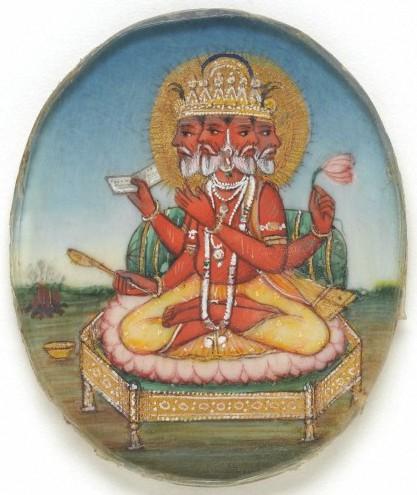
In the tapestry of human history, the concept of time has woven its way through the rich fabric of culture and storytelling, leaving behind a trail of captivating legends. As civilizations blossomed in harmony with nature, ancient cultures developed their own unique understanding of time and its fluid nature. In this exploration, we embark on a journey to uncover the enthralling tales of time dilation and time travel passed down through generations in indigenous communities across the globe. Beneath the star-studded skies and amidst the tranquil embrace of nature, indigenous peoples have shared stories that transcend the boundaries of the ordinary world. For these cultures, time was not merely a linear progression but a deeply interwoven thread connecting the past, present, and future. The narratives they preserved often entailed extraordinary journeys, time-warping encounters, and revelations beyond the boundaries of human comprehension. Join us as we embark on an illuminating expedition through the annals of history, uncovering the timeless stories of time dilation and time travel in indigenous cultures. Along the way, we’ll glimpse the profound wisdom, spiritual insight, and interconnectedness that these legends offer, leaving us with a newfound appreciation for the boundless complexities of time in the tapestry of life.
The Enchanting Odyssey of Ossian: Love, Longing, and the Ephemeral Veil of Time
According to the legend, Ossian, a Celtic hero, was lured into the mystical land of ‘Tir na nÓg’ by a captivating Sidhe princess. Falling in love with her, he married her and lived in that enchanting realm for what seemed like three hundred years in the mortal world. However, as time passed, he felt an irresistible longing to return to his homeland of Ireland and rejoin the ranks of the Fenian brotherhood. Setting out on the same white horse that had originally carried him to the otherworld, his fairy wife warned him not to touch the level ground upon his return.

Upon reaching Ireland, Ossian was astounded to discover that much time had elapsed, and all his former companions had long since passed away. The land had changed significantly, and the realization dawned upon him of how long he had been absent. Despite the warnings, at one point, he inadvertently dismounted from his horse, making contact with the earth, and immediately transformed into a feeble, blind old man. This poignant tale of love, longing, and the ephemeral nature of time continues to be cherished in Celtic folklore, captivating the hearts of those who hear it.
The story of Rhys and Llewellyn, Wales
In the idyllic vale of Neath, Wales, during the year 1758, two farm workers, Rhys ap Morgan and Llewellyn Walter, were destined to experience an extraordinary and enigmatic event that would forever alter their lives. As the sun dipped below the horizon, they made their way home after a day of labor. Suddenly, Rhys was entranced by ethereal music, urging Llewellyn to continue without him. Curious but skeptical, Llewellyn heard only the soft whispers of the wind. Undeterred, Rhys persisted, entreated Llewellyn to return with their ponies and lime, and assured him they would soon reunite. Alas, the next day, Rhys had not returned, sparking suspicion and fear among his friends and family. Despite searching the alehouse and countryside, Rhys remained elusive, leaving Llewellyn burdened with unwarranted accusations.
Nearly a year later, a wise farmer proposed a daring plan to unveil the truth. Armed with courage and curiosity, they returned to the very spot where Rhys had vanished, their hearts pounding with anticipation. As they stepped upon the sacred ground, a haunting melody embraced them, and Llewellyn realized he stood within a mystical fairy circle. Within the circle’s embrace, a surreal spectacle unfolded before their eyes. Tiny ethereal figures, like playful spirits, danced with delight, and among them, they glimpsed Rhys, captivated by joy and abandon. Without hesitation, Llewellyn pulled Rhys from the enchanting circle, only to discover that Rhys believed he had danced for mere minutes. The revelation left them all awestruck; Rhys’s perception of time had been irrevocably altered within the realm of the fairies. Despite their efforts to convince him otherwise, he remained steadfast, refusing to accept the passage of months in the mortal world. The weight of this inexplicable reality bore heavily on Rhys’s soul, transforming him into a changed man, a mere shadow of his former self. As his spirit waned, Rhys succumbed to a mysterious ailment, surrounded by the anguish of those who loved him. The haunting tale of Rhys and Llewellyn endures as a poignant reminder of the delicate interplay between the seen and unseen, the known and unknown.
Mystical Cave Heavens of China
In the captivating book entitled “The Report Concerning the Cave Heavens and Lands of Happiness in Famous Mountains,” penned by the esteemed Tu Kuang Ting, a wondrous exploration of the Cave Heavens hidden beneath the majestic mountains of China unfolds. Among the mesmerizing accounts within, one man’s extraordinary experience unveils the enchanting allure of these ethereal realms.

As the tale unfolds, the man ventures ten miles into the heart of the Cave Heavens, where a realm of unimaginable beauty unfolds before him. Amidst clear blue skies, radiant pinkish clouds danced, and the air was imbued with the intoxicating fragrance of flowers. Majestic willow trees swayed gracefully, while towers adorned in cinnabar hues and pavilions crafted from red jade stood tall and elegant. Far-flung palaces, fit for celestial beings, adorned the landscape, weaving a dreamscape of breathtaking wonder. Here, the man encountered a bevy of alluring and bewitching women who enticed him into a house crafted from exquisite jasper. Within its opulent confines, mellifluous melodies danced in the air, captivating his senses. As he sipped from a crimson-hued elixir, the spell of enchantment began to envelop him. Yet, just as he was on the brink of succumbing to temptation, the man’s heart stirred with memories of his beloved family waiting in the mortal realm. With a surge of resolve, he turned away from the seductive allure and retraced his steps towards the passageway leading back to the mortal world. However, upon emerging from the cave’s depths, a stark revelation awaited him. The world outside had transformed beyond recognition. The once-familiar faces were now strangers, and even his own home was inhabited by generations far beyond his own time.
The cruel hand of time had played a perplexing trick on the man, for within the Cave Heavens, what seemed like mere moments were, in fact, the passage of three centuries. The man found himself grappling with the profound dissonance of his own reality and the fluid nature of time within the mystical realms. Tu Kuang Ting’s tale of the Cave Heavens served as a tantalizing reminder of the enigmatic interplay between the mortal and celestial realms, enticing readers with the allure of hidden paradises and the ever-elusive dance of time within the heart of these mystical abodes.
Kakudmi’s Mystical Journey to Brahmaloka
Bhagavata Purana (one of the esteemed Vedic Literatures) describes the captivating story of Kakudmi, a revered king, who found himself entangled in the enigmatic web of time dilation. Hailing from Kushasthali, a kingdom nestled within the depths of the ocean, and the son of Revata, he faced a unique dilemma concerning his daughter, the resplendent Revati, whose beauty and accomplishments made it challenging to find a suitable husband.
Seeking divine guidance, Kakudmi embarked on a momentous journey to Satyaloka, the abode of Lord Brahma, utilizing his mystical powers. Upon arrival, they encountered an enchanting musical performance and patiently awaited its conclusion, which took about an hour. Bowing humbly, Kakudmi sought Brahma’s counsel, presenting his list of potential suitors for Revati.

To his astonishment, Brahma disclosed that countless ages had elapsed while they were engrossed in the celestial music. The world had undergone tremendous transformations, and all the proposed husbands, along with their descendants, had long passed away. Overwhelmed by this revelation, Kakudmi realized the profound alteration of time between the various realms of the universe. Amidst this temporal bewilderment, Brahma offered solace, revealing that the Supreme Lord, in the forms of Krishna and Balarama, currently incarnated on Earth. He suggested Balarama as a worthy match for Revati.
Returning to Earth, Kakudmi and Revati were taken aback by the profound changes that had transpired. What seemed like a brief interlude in Satyaloka had translated to 27 chatur-yugas on Earth (1 Chaturyuga = 4,320,000 earthly years), causing drastic alterations to the environment and the state of humanity. Mankind had diminished in stature, vitality, and intellectual prowess over the millennia, leaving Kakudmi and Revati in awe of the mysterious phenomenon of time dilation. Thus, the legend of Kakudmi and Revati stands as a compelling exploration of the intricate interplay between divine realms and mortal existence. The concept of time dilation, wherein time appears to flow differently in distinct realms, adds a fascinating dimension to the timeless tale of love, sacrifice, and the elusive nature of time itself.